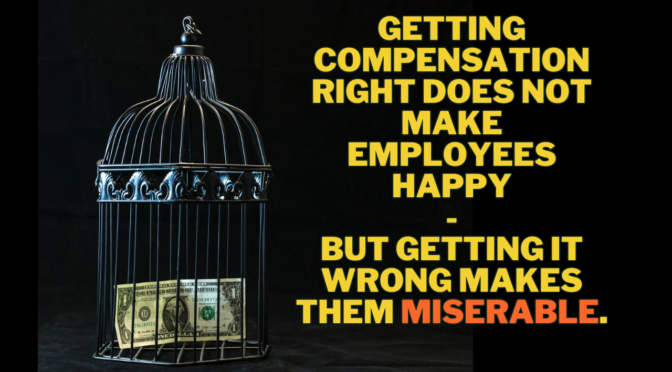Some of the best books I’ve read recently have been The Baroque Cycle by Neal Stephenson, a trilogy set in the 1600’s and 1700’s.
In this interview on reasononline, Neal talks about many things, including some of his reasons for writing novels set in that period when he normally writes Science Fiction:
Reason: In the last decade or two, there?s been a surge of fiction set in the 17th century: Tremain?s Restoration, Pears? An Instance of the Fingerpost, Chevalier?s Girl with a Pearl Earring. Is there something about the era that speaks with particular significance to the 21st century?
Stephenson: The glib answer would be that this is such a broad question that I could only answer it by writing a big fat trilogy set during this era. And if I try to answer this question discursively, that?s what it?s going to turn into. So I?ll fall back on saying that it just feels interesting to me.
Here are a few specifics. The medieval is still very much alive and well during this period. People are carrying swords around. Military units have archers. Saracens snatch people from European beaches and carry them off to slavery. There are Alchemists and Cabalists. Great countries are ruled by kings who ride into battle wearing armor. Much of the human landscape?the cities and architecture?are medieval. And yet the modern world is present right next to all of this in the form of calculus, joint-stock companies, international financial systems, etc. This can?t but be fascinating to a novelist.
Incidentally: The Baroque Cycle rocks! Read it, read it, read it!






